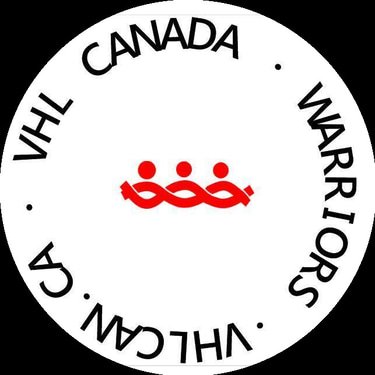We started in 2016 to fill a gap, we're a small registered charitable group that is run by volunteers including a permanent professional-level national Peer Support Volunteer.
Peer support may be defined simply as “offering and receiving help, based on shared understanding, respect and mutual empowerment between people in similar situations” (Mead et al., 2001).
Thus, it occurs when people share common concerns and draw on their own experiences to offer emotional and practical [or information] support to help each other move forwards…
There are about 900 people with VHL in Canada and 200,000 in the world. We provide peer support to VHL patients (and their family members) in Canada.
What is VHL?
Von Hippel-Lindau Disease (VHL) is an inherited tumor predisposition syndrome caused...
Is there a cure for VHL?
Unfortunately, there is not currently a cure for VHL..
What should I do about my VHL?
If you or a loved one have been diagnosed with VHL, there are three important things...
